Andrew Wyatt is a songwriter and producer who has worked with Lady Gaga, Bruno Mars and Miley Cyrus. Andrew Watt also is a songwriter and producer who has worked with Lady Gaga, Bruno Mars and Miley Cyrus. They often get mistaken for each other. “I get congratulated for winning an Oscar, and he doesn’t,” Watt says of Wyatt, who won the 2019 best original song Academy Award for “Shallow,” from A Star Is Born. “People come up to me and say, ‘I love your work with The Rolling Stones,’ ” Wyatt says, referring to Watt, who worked on Mick Jagger and company’s 2025 Grammy-nominated Hackney Diamonds and is nominated himself for producing songs for Pearl Jam and Gaga and Mars. He adds: “At this point, literally I’m so sick of correcting people. I just say thank you.”
Watt may joke about masquerading as an Oscar winner, but it could very well become reality: The song he co-wrote for the doc Elton John: Never Too Late is one of 14 tracks on the Academy’s shortlist. He created “Never Too Late” with Brandi Carlile, Bernie Taupin and John, an EGOT on track to win his third Oscar.
Wyatt almost won his second Oscar nearly a year ago for co-penning Ryan Gosling’s “I’m Just Ken” but lost to another Barbie song — Billie Eilish’s “What Was I Made For.” He’s back this year with The Last Showgirl, for which he scored and also co-wrote the movie’s main song, “Beautiful This Way,” by Cyrus. For The Hollywood Reporter’s Songwriter Roundtable, the Andrews are joined by two-time Oscar nominee Andra Day, who stars in Exhibiting Forgiveness and wrote the original track “Bricks”; Robbie Williams (whose “Forbidden Road” for his biopic, Better Man, was later deemed ineligible for incorporating existing material); and French musician Camille, who composed music alongside her partner Clément Ducol for Emilia Pérez and is the Oscar frontrunner with two songs in contention (“El Mal” and “Mi Camino”).
I wanted to start with this question because it beautifully showcases the power of music. Andra, I was at your Amazon Music taping, and as you performed your last song — we all had goose bumps — there was a woman in the audience bawling. You locked eyes with her, gave her a hug and you both walked backstage. Could you take me back to that moment?
ANDRA DAY It was a reminder, to me, that music is healing. As a person of faith, I reference this scripture where there was a village that was sick, there was a drought, and whatever water they had was sick. And they brought this prophet in to heal the water. I love the story because the first thing the prophet says is, “Bring me someone to play the lyre,” which was a harp or maybe guitar back then. It wasn’t until a musician came, played, that he was able to actually heal the water. I love the idea that music is designed to be healing — and I think for her in that moment, it really was. She opened up to me and expressed some things that she had really been struggling with. It was a reminder in the moment that that’s why I’m there. All the other stuff is amazing. I’m super grateful for it. It’s fun and it’s exciting, but that connection is why I do what I do. I believe in divine appointments.

For the rest of you, have you had that kind of visceral experience through a performance or a song that you worked on?
CAMILLE I wrote a song for Emilia Pérez called “Papa,” and it says “Hueles como papá.” The little boy tells Emilia, “You smell like papa.” She’s actually his papa, but he doesn’t know. And so I [remembered] how my dad smelled. My dad passed away 12 years ago, and it really inspired me. I’m actually talking about my dad [in the song], mixing it with some smells I imagine in Mexico: piedrecitas, like stones and the sun; cigarro, my dad is French and would smoke cigars; guacamole, some clichés like that, but sweet, you know? A guy came to me the other day and told me, “That song, you know, I live apart from my dad, who lives in South America, and it smells exactly like my dad.
DAY Wow.
ROBBIE WILLIAMS It’s incredible — you just said one word with four letters, and it was “papa,” and before you’d explained the song itself, we all understood what it was. For me in that moment, a tear was forming in my eye before you’d even said it. I think it was — (pointing to Andra) to talk about what you were talking about — is the magic and the majesty and the healing of music.
My biggest song is a song called “Angels,” and every time I perform, I am stepping up and giving the people what they want. It takes a lot out of me — whether you believe that or are bothered at all, it does. I’ll look into the audience, and there’ll be several people that will be in tears because they’re thinking about their grandma who’s no longer here or they’re thinking about their mom or they’re thinking about their father, best friend, sister, brother.
Was there a song for you, Andrew Wyatt, that had that sort of a response?
ANDREW WYATT I was in Russia, and they brought my band [Miike Snow] over there, kind of as part of the Sochi Olympics. I will never forget looking at the reaction in the back of that crowd, and it kind of speaks to what Andra was saying.
When you first get involved in music, you’re doing it because you’re a kid and you’re like, “I’ll probably never get to do this, but I’ll try.” And you are trying to get somewhere with it all, and it’s more about your verdicts and how do these verdicts affect me and my life path? Let’s face it, we’re all kind of like that. Then, once you have been doing it for a minute, you start to take in other aspects of it.
This was one of those moments where in a very real way I realized music’s important to people. Like, it’s actually really giving life to people. Like Kanye used to say, “If you make him dance, you got a chance.” I think for a long time I thought people needed food and shelter, and music’s kind of optional, but it’s not really optional if you want to live the good life. It really changed the way I felt about music.

You’ve all had amazing film songs come out recently. Let’s start with you, Camille: What was it like working on the music in Emilia Pérez with Zoe Saldaña?
CAMILLE Zoe’s definitely a singer. She kept telling me, “I’m a dancer, I’m an actress, but I’m not a singer.” I said, “Yes, you are a singer, Zoe.” And she’s not only a singer, she’s a performer. When she sings on the screen, it’s as if she was onstage. She really takes control of the scenes and really sings to the public live; it really feels like a live show. I loved working with her.

What was it like when you watched the film back and saw the music woven into the scenes?
CAMILLE I was stunned. It felt like coming back from [a battle] and everybody’s saying, “Ah, it’s great.” And I was exhausted and happy to see that people related to the movie with their hearts. That’s why I liked that movie so much. I think it’s great technically, but more than anything it touches people’s emotions, hearts.
WILLIAMS Can I ask a question?
CAMILLE Yeah.
WILLIAMS So you’re saying you experience watching a movie back, and a lot of the time when people get to the top of the mountain, they can have an empty feeling. Was it an empty feeling or was it a glorious feeling? Was it a mixture of both?
CAMILLE We won the [battle].
WILLIAMS So it filled your heart?
CAMILLE Yes. It’s the feeling of having worked and that people were in their emotions, but you come back from work, you know what I mean? So I was basically filled with the amount of work we’d done and actually still looking at the film like it was work, “Oh, this, oh, this.”
Robbie, what was it like watching back your film, in which a “performing monkey” portrays you?
WILLIAMS I’m a narcissist, so I loved it. OK, so the first time sitting down, because it’s 50 years in the living, seven years in the making, there’s so much expectancy from me that I need this thing to facilitate the third act of my career. And I’ve been excited, excited, excited. And then I sat down to watch it, and I was like, “Oh, what if it’s shit?” That was my main fear. And then I disappeared into the movie, and at the end of it, it is and was better than I could have ever expected. I was relieved. It was surreal. It was emotional. It was incredible.
[For the music,] I sent a bunch of songs to Michael Gracey, the director, and he would then send them back and tell me basically, kindly, they weren’t good enough. And I know this story about 8 Mile when Eminem sent “Lose Yourself,” and the director said it’s not good enough, and then it became “Lose Yourself.” And in my head I was like, “This is ‘Lose Yourself,’ and you are wrong, actually.” But I didn’t have a bird’s-eye view of the film. I didn’t know what was needed. We saw the film, and basically what it needs is a hug, so we [gave it] a hug because by the time you get to the end of the movie, you’ve been through a lot and you need a hug.

Were you always on board to do a biopic?
WILLIAMS Mate, yeah, whatever: film, book, documentary. I’m a professional attention-seeker. This is what we do.
ANDREW WATT When you’re watching your story and you see the monkey, do you find yourself forgetting that it’s a monkey that’s playing you at all?
WILLIAMS When you watch Bohemian Rhapsody, you’re very aware that he’s doing a great job as Freddie Mercury. The same with Rocketman; he is doing a great job as Elton John. Because it’s the monkey, you’re not even thinking he’s doing a great job as Robbie Williams — it removes you somewhat. Plus, we are more compassionate to animals, so you empathize with me on a level that you wouldn’t empathize with me if it was skin and bones.
WYATT I don’t know, I’m empathizing a lot with you. My heart is melting right now.
WILLIAMS I feel it. OK, question: In my film, a monkey plays me, so what animal would your spirit animal be?
DAY It would be a sloth.
WYATT Oh, no, no, no.
DAY It’s the animal that I love the most.

WATT Joe Pesci.
DAY It’s got to be an animal.
WILLIAMS Joe Pesci’s an animal? OK, fair enough. Anybody else?
CAMILLE A wolf.
WYATT I think you got the hair. I was going to say the wolf, too, but we can’t really do two. I would say a wolverine. Wolverine’s a little tougher than me, though, to be totally fair.

Andrew Watt, you’ve worked with Elton before — was the session for “Never Too Late” different from your others?
WATT Yeah, totally. The way Elton writes songs is he gets the lyrics and then sees a picture in his mind; he’s described it like a movie scene almost. He puts them up on the piano and then writes the song to the lyrics.
[John and Taupin] kind of invited Brandi into that process, and Elton sang the lyrics that they came up with together, which were completely based on his life and this Elton documentary she saw. And we all kind of saw this early version of it, and she wrote this amazing thing about his life. And I’m sitting there writing a song that’s really about him. It’s just an amazing thing to witness.
Andrew Wyatt, what was your process when writing “Beautiful This Way”?
WYATT I landed on this particular groove that was a little bit martial, meaning (gestures drumming) like “dun dun-dun-dun,” and then also had some kind of dreaminess to it, which permeates the whole film. I tried to make a song that could communicate what the character [played by Pamela Anderson] has been through but also feel like it was part of the tapestry of the rest of the film. All the score, that was really my response to the images that I was seeing, which were kind of these beautiful but somehow sad images.
What was it like to work with Miley Cyrus again?
WYATT She’s amazing. The thing about Miley is every syllable that she sings sounds like her life depends on it. That’s so incredible about her as a singer. The other thing about her is that she’s still so young, but she’s had such a storied career already, and so there are so many layers to her voice. And in that way, her voice has the same level of gravitas of Pamela’s character, who’s playing someone who’s way further down the road in years than Miley is now, but it can actually carry that. So it can actually tell that same story, which is part of the phenomenon that is Miley.

Andra, you play a singer in Exhibiting Forgiveness who is working on the song “Bricks,” which you wrote for the film. What was it like acting and creating music for the film?
DAY I read the incredible script, and I got to talk to [director] Titus Kaphar every day, watch them develop these characters. And one of the things that struck me most about the story was — and I was shocked that I never thought of it before — it’s called “Bricks,” and the line says, “Building with bricks that we were never given.” Because I think one of the great miracles of life is the ability to create a life or a future or build a family that you’ve never actually seen or experienced. How do you create a household of peace and of nurturing when all you’ve ever known is abuse and chaos? The movie exemplifies that.
The legendary Quincy Jones recently passed and you worked with him not long ago, Andrew Wyatt. What was that like?
WYATT Very lucky to be able to do that with him and Chaka Khan at the same time. He obviously was incredible. We did this song for his [2018 documentary Quincy] that [his daughter] Rashida Jones directed, and we tried to do it justice by having the musicality that he always had and was always very ardent about bringing to everything. Nothing wrong with that three-chord music, but he was not a three-chord-music kind of guy. So we tried to layer it up like that. Talk about a surreal moment.
WATT Did you find in that experience that you’re like, “OK, they asked me to be here, so I should just say what I think, right?”
WYATT Totally, yeah. That’s what it is. Otherwise, you’re going to waste everybody’s time. You’ve got to step up at some point and just …
WILLIAMS Do the thing.
WYATT Jump in and learn how to swim after.
WATT Working with bands is fun and funny … because you want to help them. “It’s a major chord. No, it’s a minor chord.” Then I started realizing it’s just min-jor. Just let them do their thing.

Andrew Watt, you’ve worked with many contemporary acts, but what has it been like to have legends like The Stones, Elton, Pearl Jam, Ozzy and Iggy Pop call you to produce their latest albums?
WATT It kind of feels like a weird dream sequence, honestly, even hearing those names together. It’s the joy of my life. I am a fan — always have been a big fan of all those acts. And I guess that’s what I’m there to do when I’m there: represent the fans.
WILLIAMS As those names were reeled off: How old were you when you came around to my house — 19, 20?
WATT Like 19 or 20 years old. [Editor’s note: Watt is 34 now.] And you never fucking called me back!
WILLIAMS No, no, no. But you were lovely and are lovely. I’m just thinking as this young man left my house, “Nice lad, I hope he does OK.” Wow. Congratulations.
WATT You were awesome to me then.
Andrew Wyatt and Andrew Watt — have you guys worked together yet?
WYATT We did work on one song with Bruno, right?
WATT Yeah.
WYATT And I don’t think it’s out yet.

If you all could pick any artist, dead or alive, to write a song for or collaborate with, who would that be?
WILLIAMS I would like to write a new Rat Pack album. I think I might do it. And whether they join in or not, it’s up to their estates, but we’ll see.
CAMILLE I’m a solo artist, so [Emilia Pérez was] the first time I wrote songs for other singers. I enjoyed it very much working for all of them, especially Selena Gomez, because she already has a singing career. And we got on. I don’t dare to tell her, but she inspires me.
WILLIAMS Tell her.
CAMILLE I’ll tell her. And there’s another woman that touches me — that’s Celine Dion. Because she has been through hard times, having troubles with her voice. And this is very touching for a singer to be able to, maybe, write about what it feels like losing your voice or finding it back and what you’re going through. What does it mean when it happens, sometimes that suddenly you lose your voice? It hasn’t happened a lot of times to me, but it has happened. And you always wonder, “Why am I being silent?”
WILLIAMS Most of the time we take artists for granted because they’re just there and they’re in our lives. It wasn’t until the Olympics when Celine came when I was reminded, “Oh my Lord, this is a very special person.” I agree with you; you should write a song and collaborate with her.
DAY It could be someone dead or alive? My dead answer would absolutely be Billie Holiday [whom Day portrayed in The United States vs. Billie Holiday]. I would be fine with her cussing me out in the studio. I’m like, “That’s fine.” [Also] Michael Jackson, obviously, and Quincy. Alive? Definitely Erykah Badu, Lauryn Hill and Jill Scott. They were like the new Billie for me, and Ella, and the new Sarah Vaughan. Those three women were really essential in my self-discovery [and] becoming a woman.
WYATT Dead: Jimi Hendrix. He’s the coolest person you could probably spend a day or a week or a month with, so it has to be him. Alive is … (looks at Watt), “Didn’t you do something with Stevie Wonder recently?”
WATT I did, yeah. He’s the greatest.
WYATT Stevie Wonder was my absolute god. I had posters above my bed. So sometimes you’re like, “Do you really want to do work with someone that you really looked up to as a god?” But I think I would probably do it anyway. One of the biggest regrets I have is, actually, we were offered to do this performance [with Stevie], but we couldn’t do it. For some reason, somebody in the band decided they couldn’t do it. We were going to perform at the Super Bowl, like the Budweiser sideshow or something, and Stevie Wonder was also performing. And they’re like, “There’s only one thing: You have to agree to do one song with Stevie Wonder.” I was like, “What?” So there went my chance.

Andrew Watt, what’s your answer?
WATT Such a hard question.
WILLIAMS You’ve done it, haven’t you?
WATT Siouxsie Sioux, I love. Haven’t heard music from her in a long time; just to even talk to her.
WILLIAMS How about Robbie Williams, please? Please. I beg now.
Well, Robbie’s got an album coming out. Is it too late?
WILLIAMS No, no. Never too late.
WATT That’s the name of my [Oscar-shortlisted] song. There we go.
This story first appeared in a January stand-alone issue of The Hollywood Reporter magazine. To receive the magazine, click here to subscribe.
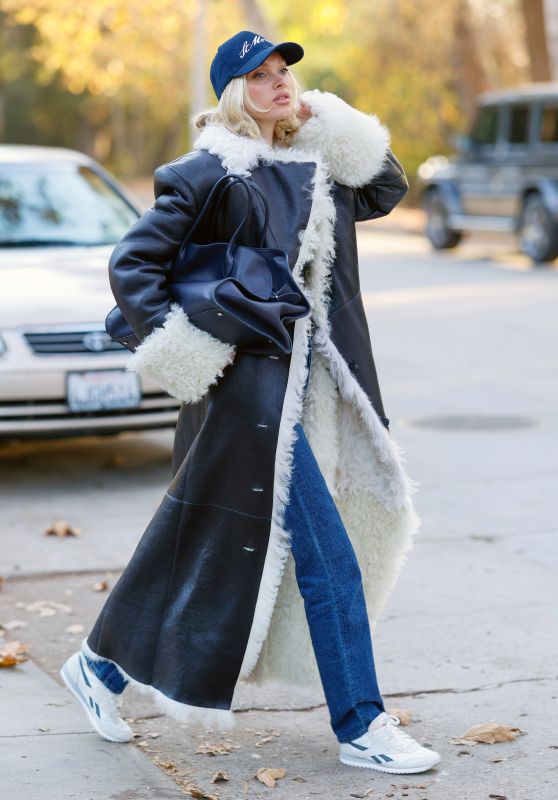
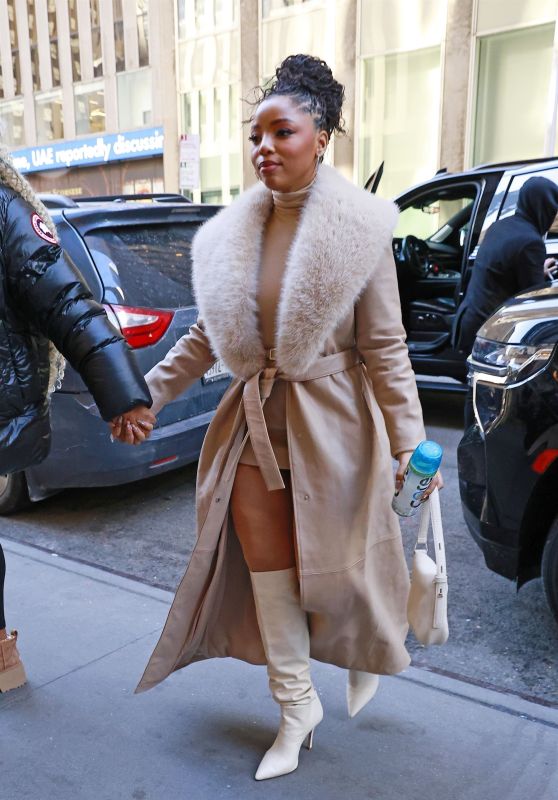
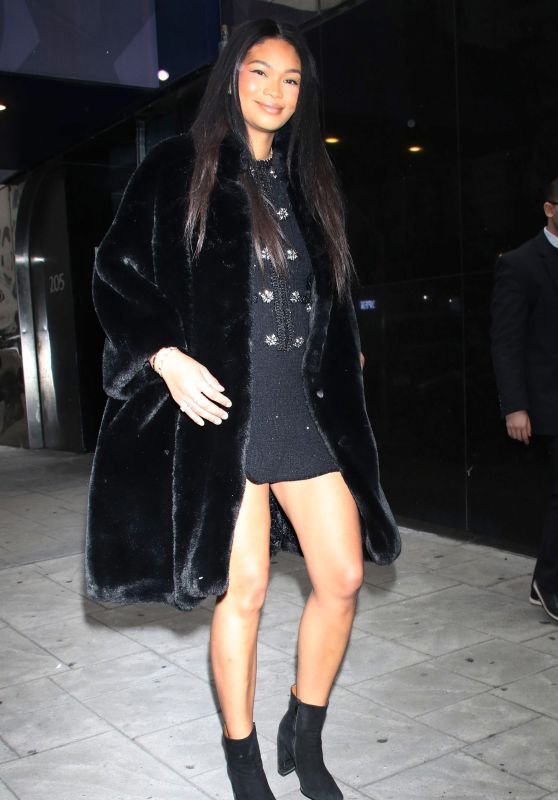
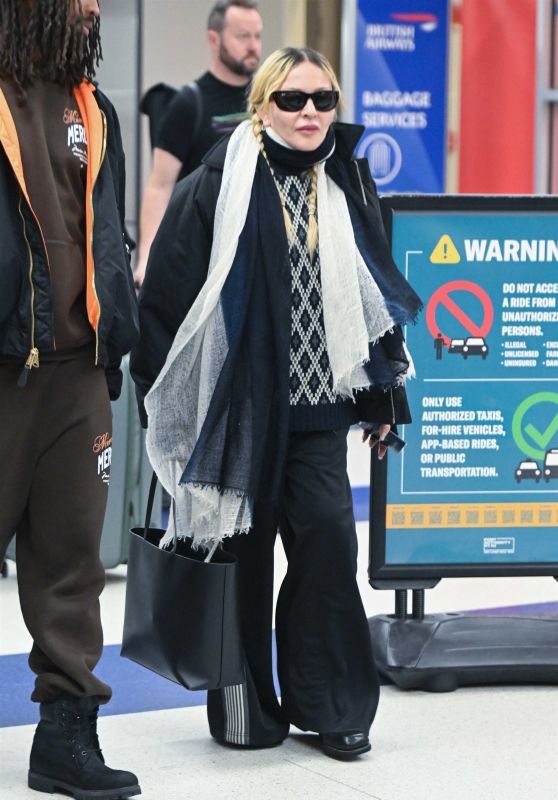
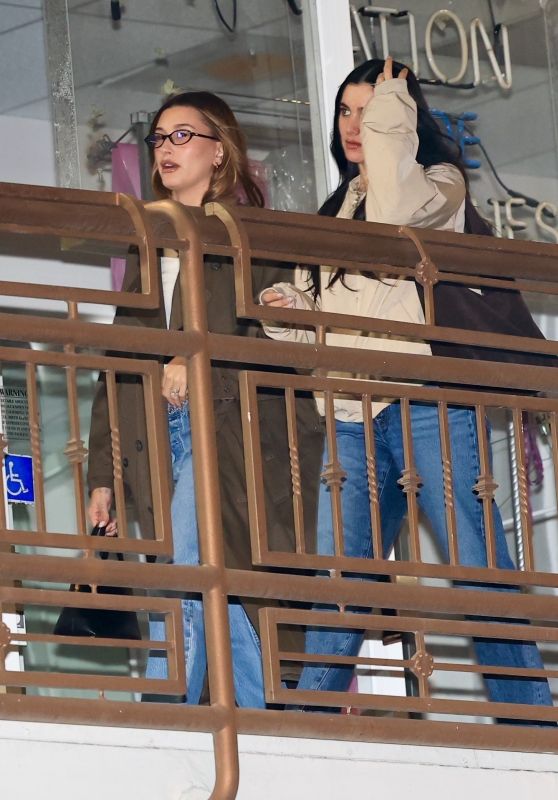
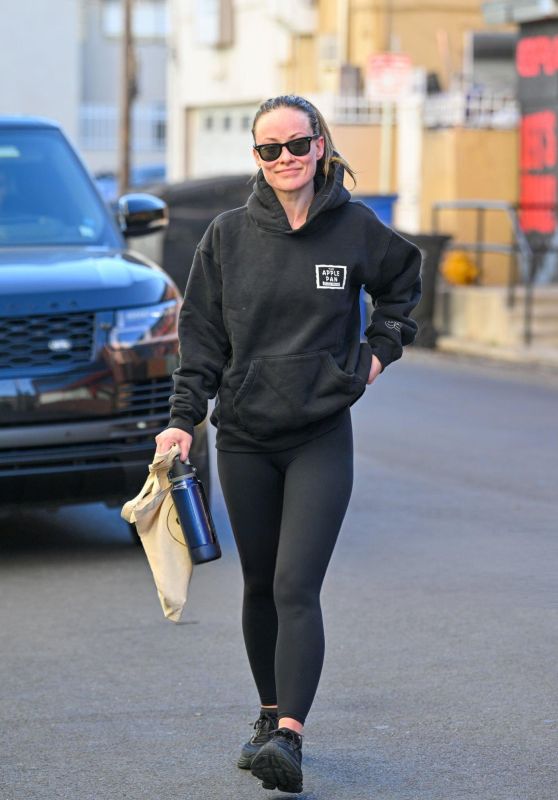


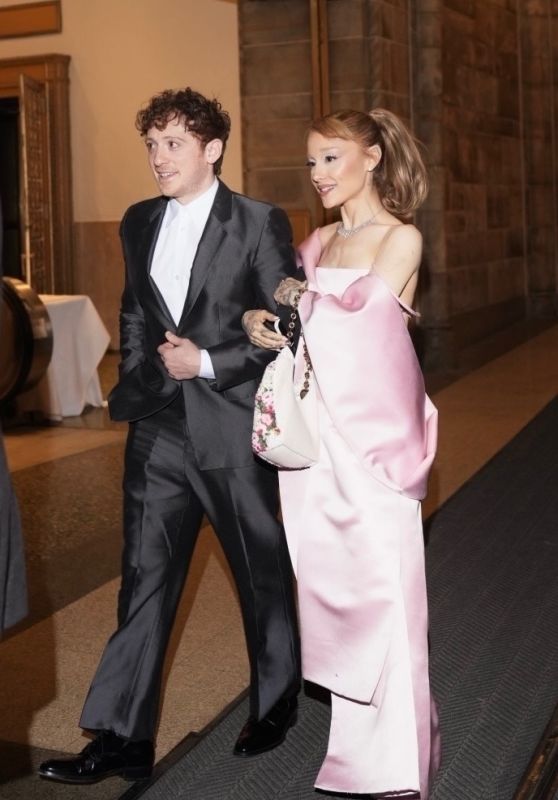
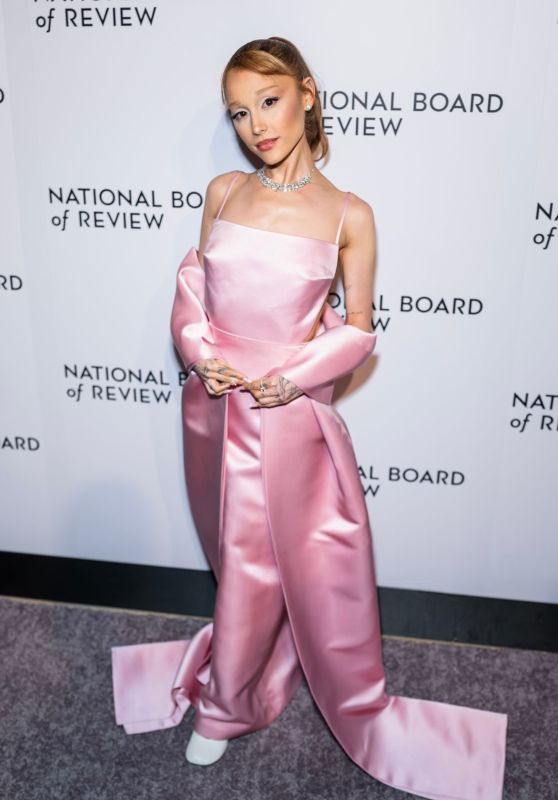
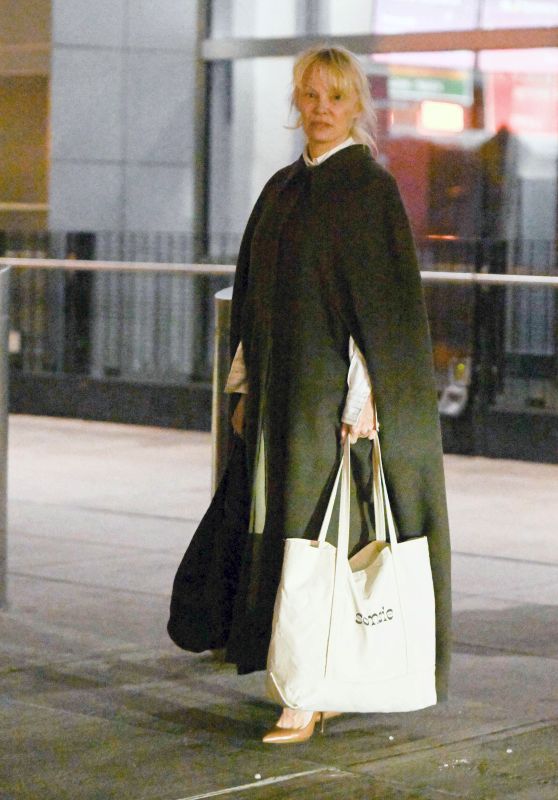
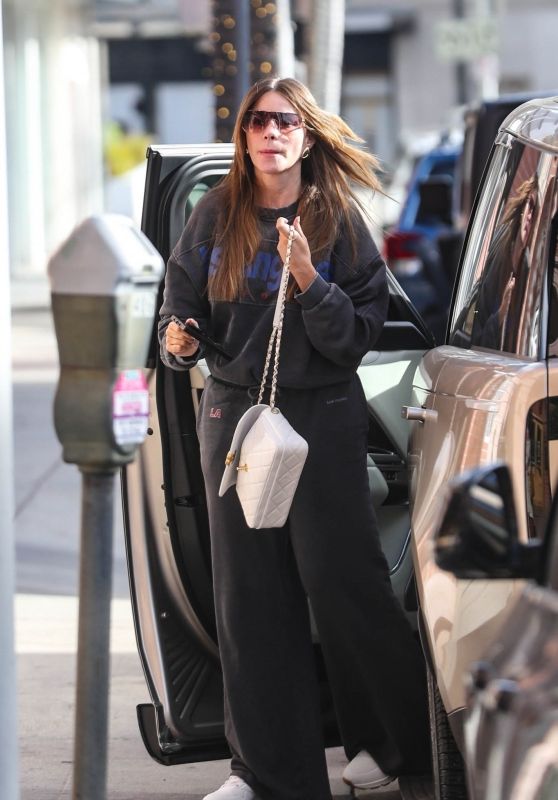








 English (US) ·
English (US) ·